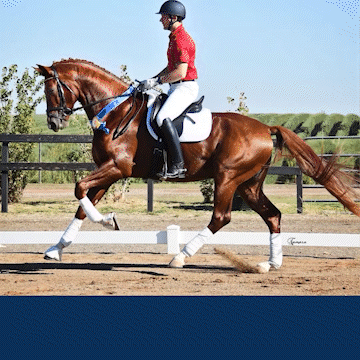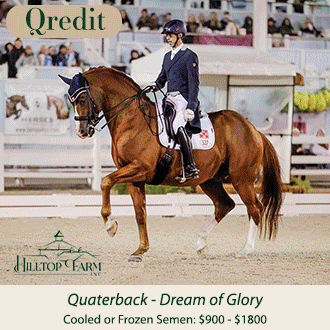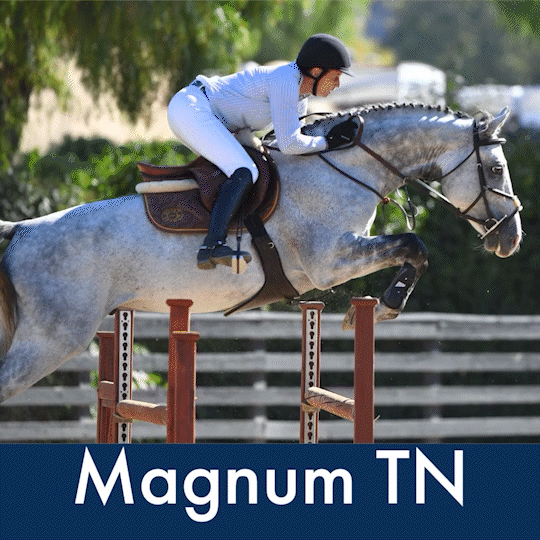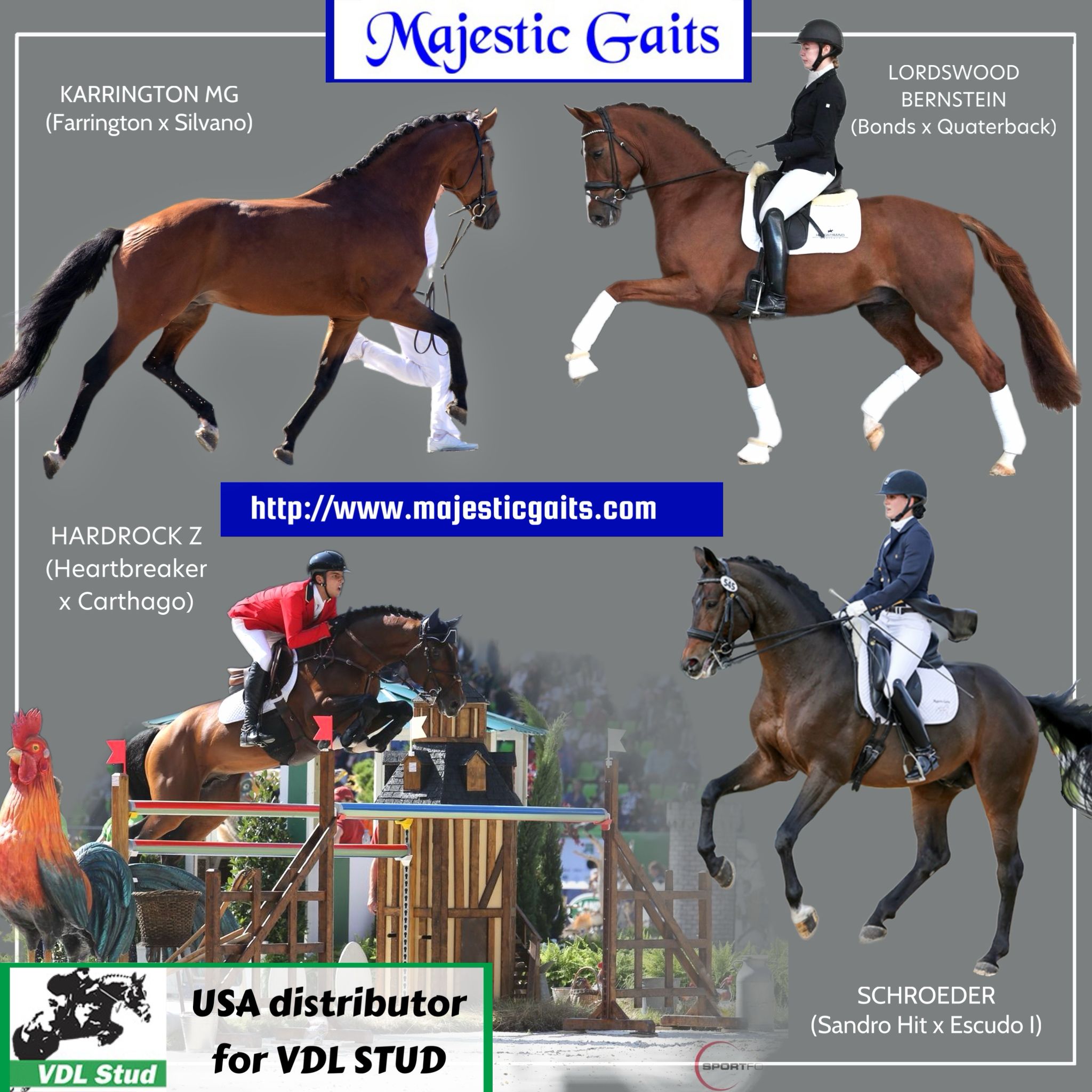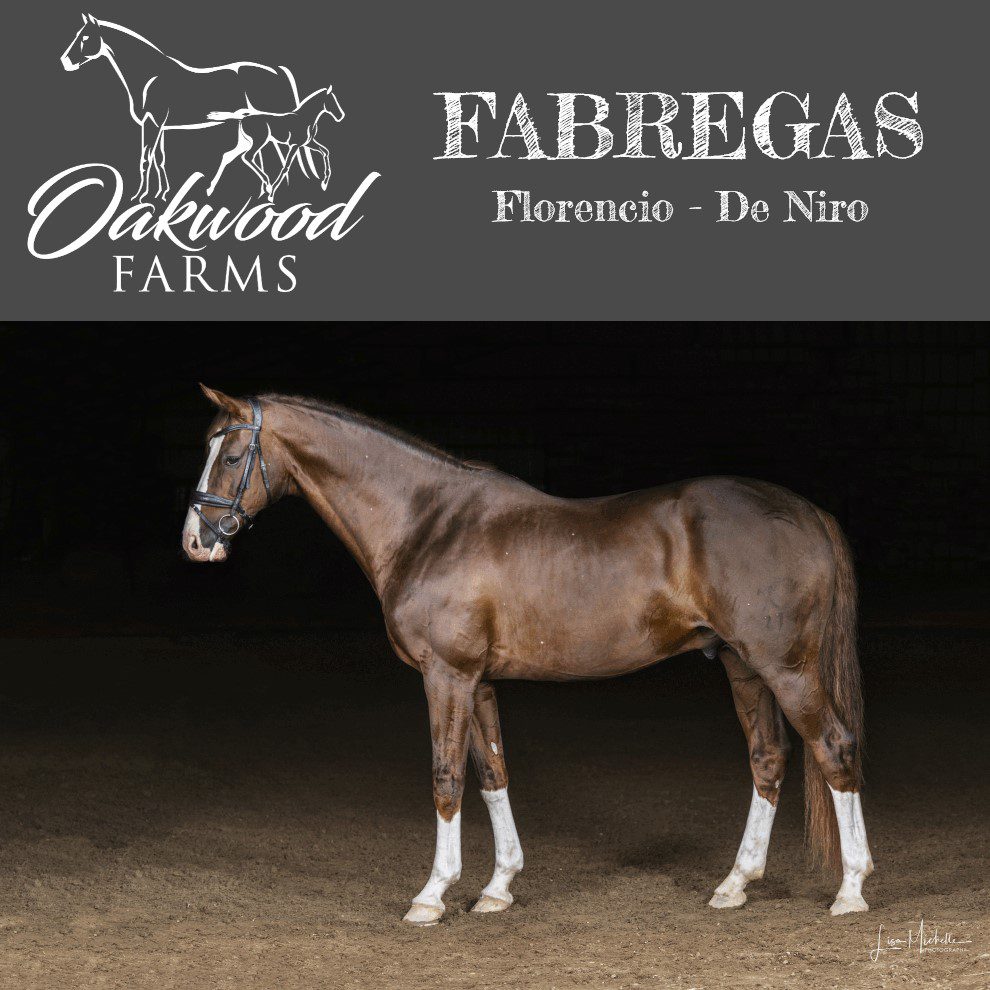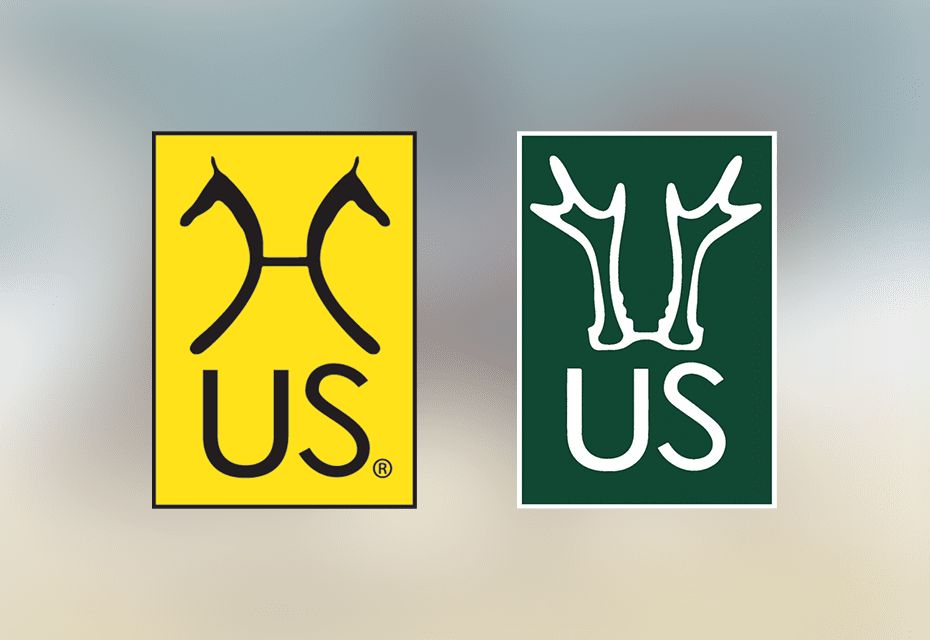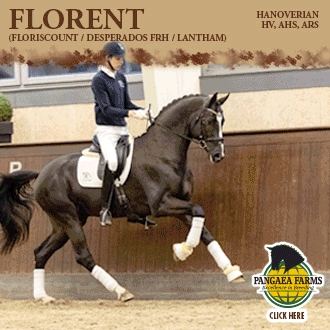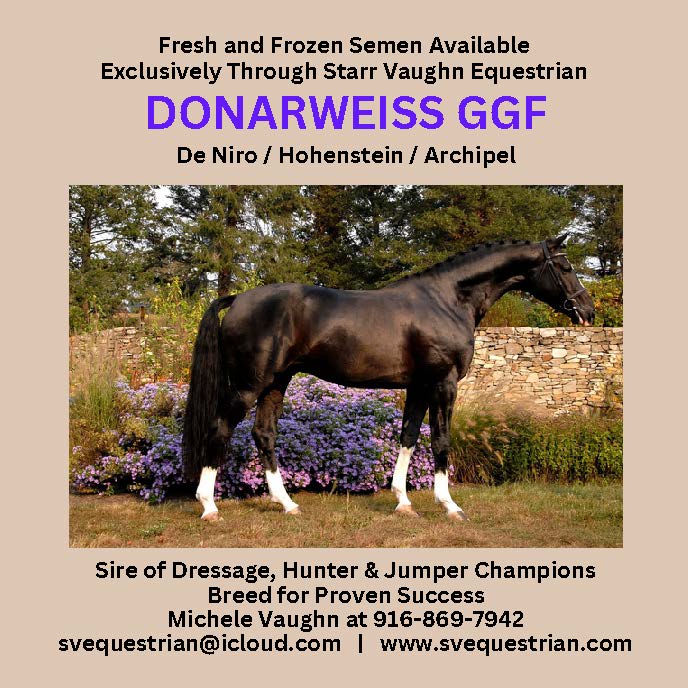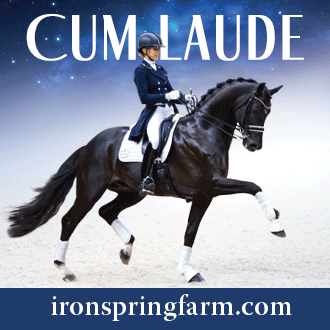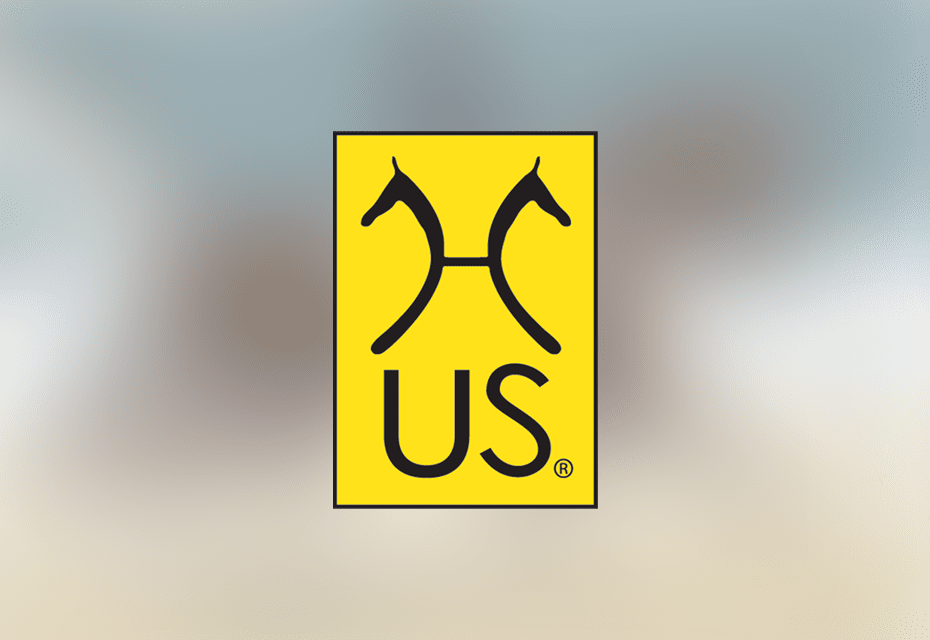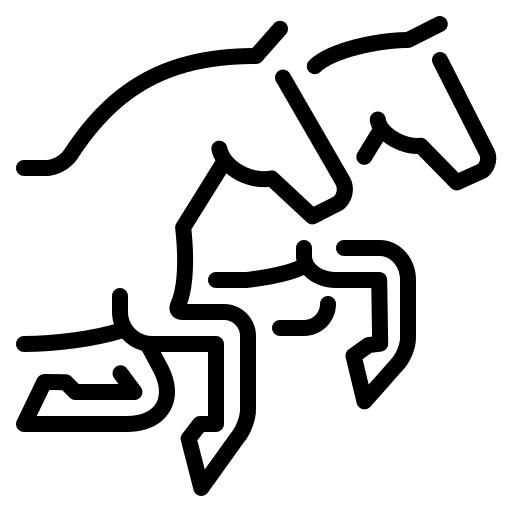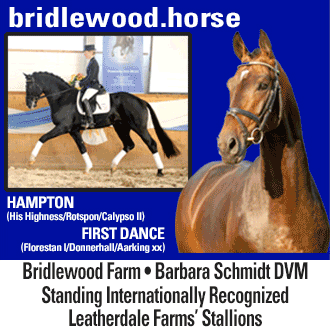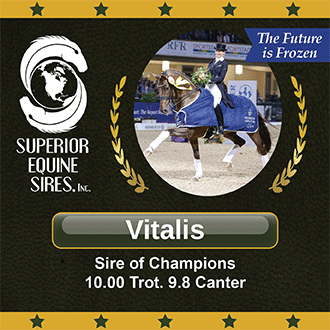
The State Stud was established at Celle in 1735
Breeding Goal
The breed retains the substantial bone, sturdiness and stamina of its heritage: nearly 300 years ago the Hanoverian was bred to serve as a robust carriage and military horse. Since the end of World War II, the breeding goal has been to exclusively produce a more versatile performance horse. Breeding stock is very carefully inspected and selected for correct conformation, athletic ability and inner qualities such as disposition and trainability. The Hanoverian has natural impulsion and light and elastic gaits characterized by a ground-covering walk, a floating trot, and a soft, round, rhythmic canter.
The Hanoverian in the United States
After discovering the breed’s athletic talent and rideability, American competitors began importing Hanoverians, and a need arose to continue the German standard of selectivity for the breed in this country. In 1978 the American Hanoverian Society (AHS) was incorporated for that purpose. Over the years, the Society has worked closely with the German Hanoverian Verband (the Verband hannoverscher Warmblutzuechter) inspecting breeding stock, registering horses, and licensing and performance testing stallions. In 1995 the AHS assumed full responsibility for breeding Hanoverians in this country. To maintain continuity, the AHS invites representatives of the HV to judge breeding stock and to attend the annual business meeting.
The American Hanoverian Society, Inc. is committed to adopting and adhering to the highly selective breeding standards as practiced since 1735 in the Hannover breeding area of Germany. The Society desires to encourage those standards, and to develop a horse on the North American continent having the same or better characteristics.
The aim is a noble, correctly built warmblood horse capable of superior performance, a horse with natural impulsion and space-gaining elastic movements – a horse that because of its temperament, character, and willingness is suited principally as an all-around riding horse.
Selectivity Enhances Success
Quality performance prospects are the result of the Hanoverian selection process. Each year the AHS organizes a national inspection tour to register foals, inspect and performance-test mares, and license stallions. For a foal to be registered, both the sire and dam must be AHS approved.
Mares
Mare inspections take place at age three or older. German and American inspectors evaluate mares for type, conformation, and gaits. The Mare Performance Test (MPT) scores a mare’s rideability, gaits, and jumping talent. Eligible high-scoring Main Studbook mares that pass this performance test to become Hanoverian Premium Mare Candidates (HPMC). Once they have completed the final requirement of producing an AHS-registered foal they are awarded the prestigious title of Hanoverian Premium Mare (HPM).
Stallions
All stallion candidates must be presented for physical inspection. If scores on conformation, movement and jumping ability are sufficient, a temporary breeding license is granted. Stallions must then either complete the North American Stallion Sport Test which evaluates their gaits, rideability, and athletic ability in dressage and jumping, or they must meet specified performance requirements, which can be found in the AHS Rules. Breeding eligibility is verified annually.
Foals
Only foals from AHS inspected and licensed or approved parents may be registered with the AHS. Foals with only one approved parent can receive a Certificate of Pedigree but can never be admitted into the studbook.
Non-Hanoverian Eligibility
Certain non-Hanoverian mares and stallions are eligible for inspection and entry into the studbook if they meet strict breed and pedigree requirements and attain sufficient scores upon presentation. A horse with only one AHS approved parent (either a Hanoverian-papered Main Studbook dam or an Elite Hanoverian Stallion sire) is eligible for a Certificate of Pedigree which enables participation in the AHS Awards Program.





